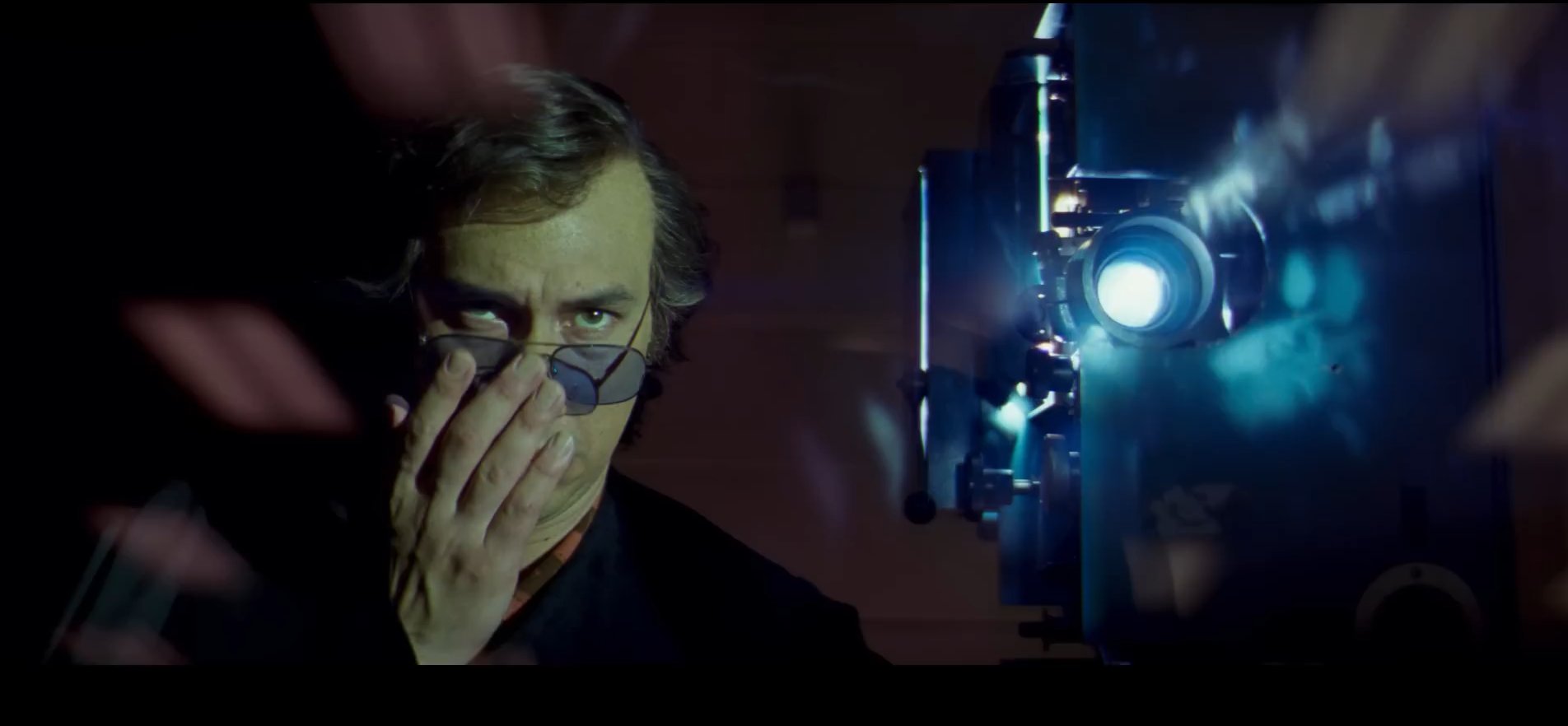On October 5, 2016, I attended a prescreening of the movie The Accountant which was released on October 14, 2016. The invitation was through an Alumni event hosted by the University of Pennsylvania with a forum with the director, Gavin O’Connor proceeding the film since he is a fellow graduate. Leading up to this screening, I was able to see some trailers that gave me minimal insight into the premise of the movie. As the date came closer, I was able to see some interviews with Gavin O’Connor, which gave me a deeper understanding that the movie was about an Autistic accountant, played by Ben Affleck, named Christian Wolff who turns out to be a killer. This premise does not bode well for easy viewing.
Autism Spectrum is a diagnosis that has tremendous political and social recognition. It affects individuals in various ways and very little is known as to why children are affected. The level of responsibility to base a movie on an individual with Autism is a daunting task, dare I say even intimidating, more so, when the main character is a killer. Nonetheless, Warner Bros allocated a $40 million budget (a rather modest amount compared to other blockbuster films) on a high-risk venture with high expectations.
I love being transformed and merged into the journey of the severely flawed main character that is met with impossible ordeals where he/she is able to persevere. A true underdog story. I knew that the creators of this film would have to convince a lot of invested folks that this severely flawed main character is not mocking the Autistic community. I knew that no matter how careful the screenplay writer and director tried to be as authentic as possible, it will inevitably offend someone. My concerns were slightly dissipated prior to the screening, since the well established organization Autism Speaks endorsed the film.
Related article: “DOCTORS CARRYING GUNS”
There are few opportunities where I am able to utilize my dual majors of Sociology and Communication with a concentration in medicine and film. Like anyone that has a deeper insight into the subject matter of a movie, I see things others may not. So, when the lights went out and the film started, I tried to clear my mind and began the transformation. The opening scene was action-filled with gunfire and death. I have no aversion to violence in films, but as the movie continued, I became more uneasy. It was apparent that the creative team of the movie went to great efforts to make Christian Wolff into an authentic character, but something was not right. Halfway through the movie, I realized what was making me atwitter.
Christian Wolff reminded me of someone I heard mentioned in the media with a similar family background and who also has the same form of Autism. As I went through my mental library, I immediately knew who I was thinking of, Adam Lanza. He was the young man that was responsible for the Sandy Hook massacre. He too, was diagnosed with Asperger’s Syndrome and both Adam and Christian were not given appropriate treatment. Another sticking point for me about the movie is the extremely technical references to Autism. There was a scene where Christian attempts to apply the Applied Behavioral Analysis technique in an unskilled way. This is a form of sensory therapy widely used to assist individuals with Autism to assimilate into society and if not used appropriately the treatment may not be beneficial.
After this scene ended, the person next to me turned her head and asked me what was he doing? To someone that is not informed about sensory therapy, Christian comes across as erratic and appears insane. There is some controversial information pertaining to this technique, but it is the most widely used form of therapy for persons demonstrating Autistic tendencies. How would viewers not familiar with this technique know this to be the case? After all, the average audience member is not going to be informed about the standard medical treatment for Autism.
PHOTO CREDIT: Warner Brothers
By the end of the movie, I knew why the organization Autism Speaks approved the making of this movie. From the beginning of the film, the idea of early intervention was strongly encouraged, giving the viewer a possible, if not the only reason, why Christian turned out to be a killer. His father refused to place him in a group home where he would get the proper life skills to function in society. His father believed he needed military structure and training in order to “grow out” of his “weaknesses.” Christian’s mother was so frustrated with her husband’s domineering ways, she leaves her family and eventually remarries. She left behind two young boys and a husband to cope.
Sound familiar? Allow me to remind you. Adam Lanza was diagnosed with Autism and was under the treatment of psychiatrists for various psychotic diagnosis. Let me be clear: Adam Lanza had many psychological conditions aside from having Autism. Adam’s parents did divorce and his parents allowed him access to the shooting range. He enjoyed the simulated acts of violence via video games. Adam had a brother and father who he became estranged from for several years leading up to his death. The haunting scenes where Christian callously shoots a group of men jilts my memory to images of scenes from Sandy Hook.
Once the movie ended, the forum with Gavin O’Connor began where he received questions from the audience. I was holding my breath to hear the criticism from the viewers of the portrayal of an Autistic man as a villain. By the third comment, I was stunned. Not only was the audience pleased with the film, but Christian Wolff was being embraced as a hero. Essentially, Christian Wolff did the best he could with the resources he was provided. In fact, a man in the audience stood up and asked what advice would Gavin O’Connor give his young Autistic daughter who is looking to enter the film industry as a writer? He told him always encourage her dreams and make sure she learns the proper screenplay writing format. Are we so blind to Christian’s disability that we as a society will excuse anything?
Since the prescreening of the movie, I have read several reviews of the The Accountant. They were not raving, but one overriding thought was pinpointed, it was too technical. They did not get it. Never mind the fact that he was a killer, and the government was using him for their own selfish needs, no one understood the scenes where Christian demonstrated Autistic behavior. In fact, a well known Autistic social scientist wrote in her assessment of the movie that Gavin O’Connor only showed scenes of how it is to have Autism from the point of view of a person who does not have Autism. In other words, the technical aspects of the film were only being given by someone that has not experienced what it is like to be Autistic. As I suspected, creating a film about an Autistic, accountant turned killer was a monumental endeavor.
As a fellow writer, I thought the screenplay was intricate, thoughtful, engaging, and with just the right amount of levity. Ben Affleck did a decent job trying to convey emotions through the mind of an Autistic man. I cannot say, if I buy his ability to compartmentalize his actions so well. Having Autism or not, he was a murderer and he never received the proper coping mechanisms to process feelings. The subplot of having the government use Christian Wolff’s skills in order to have a mutually beneficial relationship is another sad example of how persons with disabilities are viewed in society.
Weeks following the prescreening, the father’s question regarding his Autistic daughter still resonated in my mind. I really hope the daughter takes Gavin O’Connor’s advice and follows her dream. I even hope she writes films where the main character is intelligent, prosperous, attractive and happens to be disabled. A true hero. What a day that will be!
Recommended Reading: “ The Autistic Brain: Thinking Across the Spectrum”















